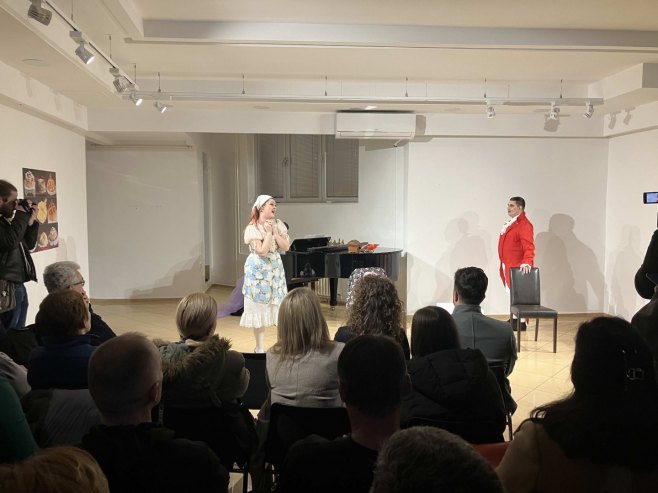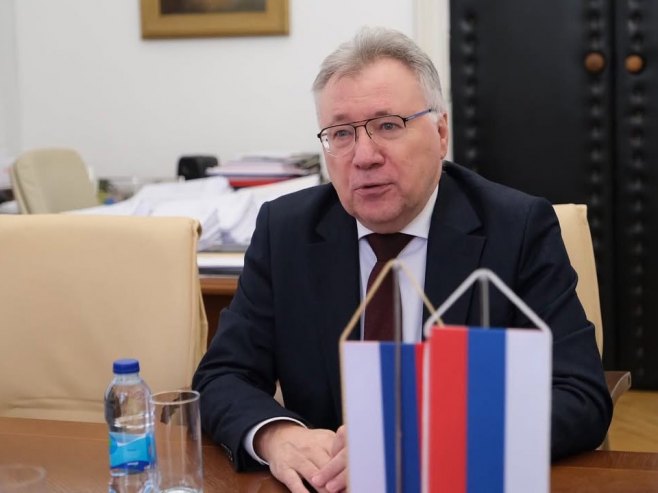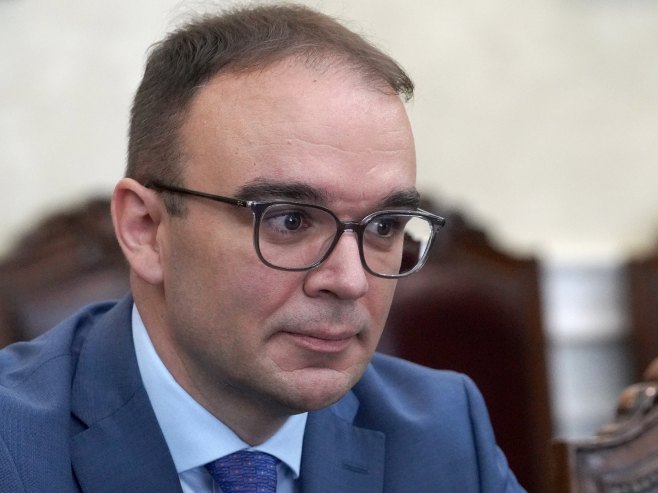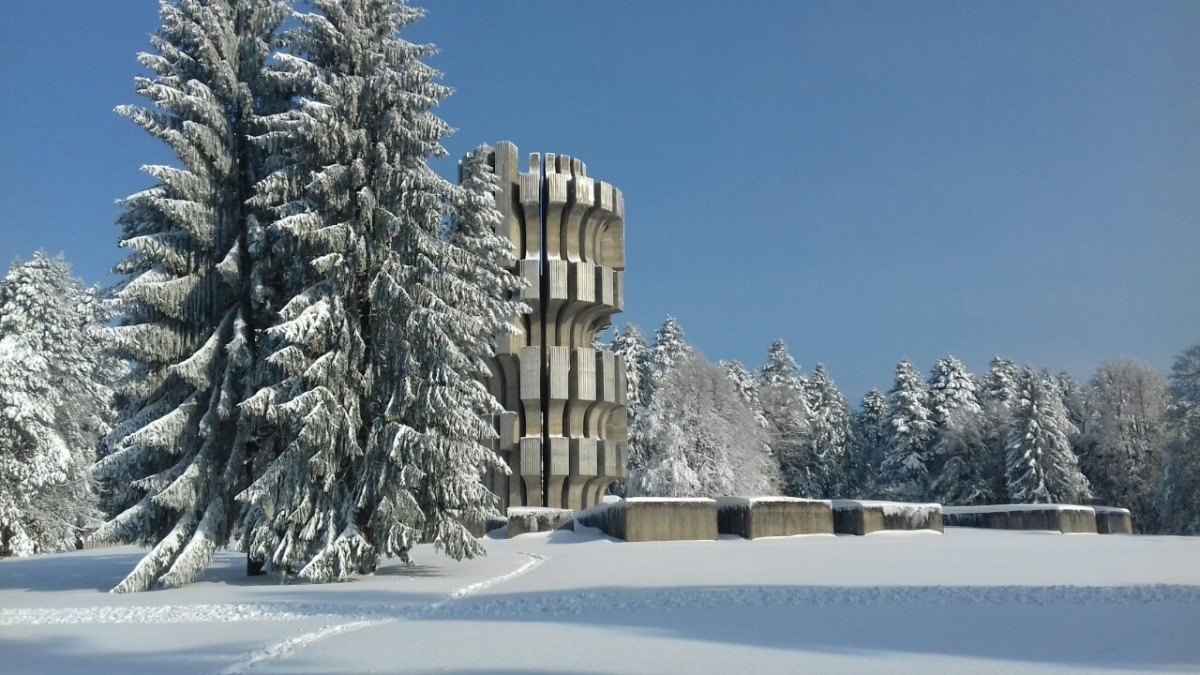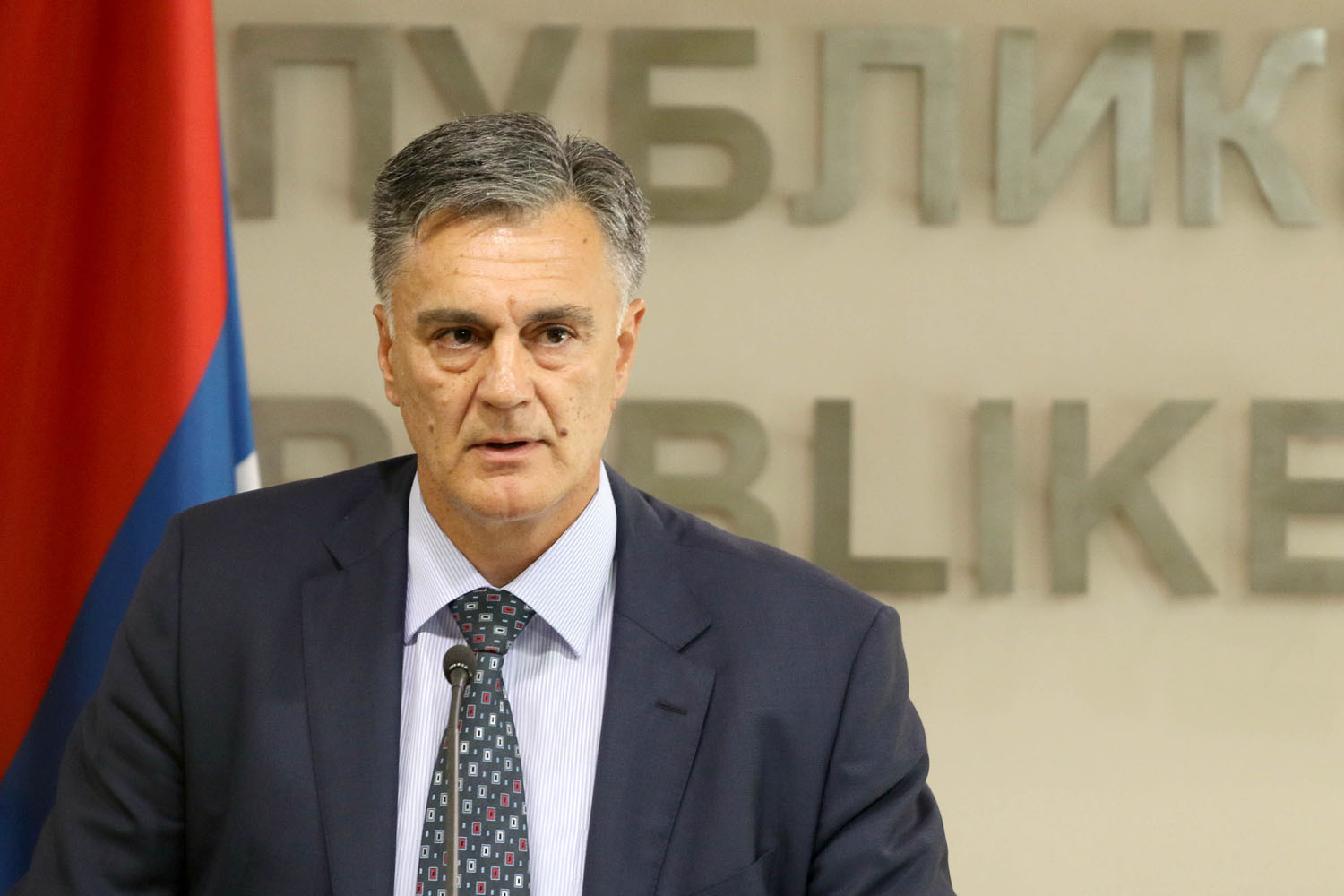Professor of history at the University of Banja Luka, Goran Latinović, stated that celebrating January 9 is a celebration of freedom and statehood.
Latinović emphasized that attacks on Republika Srpska Day are attempts to deprive Serbs of their memory, strip them of immunity to old and new ideologies that deny their existence, and make them lose what they gained in war, heroic struggle, and great sacrifice.
He noted that the Republika Srpska has been the only state framework defending the Serb people and enabling their biological and spiritual survival for 32 years.
“Without it, there would undoubtedly be no Serbs in these areas, or they would be brought into a similar position as their ancestors under Turkish and Austro-Hungarian occupation, like their compatriots in present-day Croatia and the Federation of Bosnia and Herzegovina,” said Latinović regarding January 9, the Republika Srpska Day.
He added that the Republika Srpska was declared in peacetime and defended in the Defensive-Patriotic War against those who could not accept not only its existence but also the existence of the Serb people on their centuries-old hearths, leading to a civil war.
According to him, the main reason for the creation of the Republika Srpska was the genocide suffered by Serbs in the Independent State of Croatia from 1941 to 1945, the fear that the Serb people might face a new genocide, and the threats to the survival of the Serb people by ideological followers and sympathizers of the NDH (Independent State of Croatia).
“Thanks to the Republika Srpska, the Serb people escaped a new genocide and survived. That was the main historical role of the Republika Srpska, which will remain inscribed in golden letters in Serb history,” Latinović assessed for Srna.
Latinović believes that in the 14 centuries-long history of the Serbs west of the Drina River, there is no more significant historical date than January 9, 1992.
The proclamation of the Republic of the Serb People of Bosnia and Herzegovina, done on that day, he says, surpasses all major historical events in significance.
He emphasized that Serbs west of the Drina can celebrate many significant events, such as the issuance of the Charter of Ban Kulin in 1189, the oldest written document in the Serb language and Cyrillic script.
Latinović also pointed out the issuance of the Charter of King Tvrtko Kotromanić in 1378, in which he is clearly and unequivocally titled as the king of Serbs, ruling the Serb land, as well as numerous uprisings against foreign rule during the 19th century, including the uprising from 1875 to 1878, during which the leaders proclaimed the unification of Bosnia with Serbia and Herzegovina with Montenegro.
He said that until the proclamation of the Republic of the Serb People of Bosnia and Herzegovina on January 9, 1992, the most important reasons for celebration were the liberation brought by the Serb army in November 1918, ending centuries of slavery and creating a free and united state.
Latinović reminded us that the liberation and victory over fascism in May 1945 were also significant, especially because the Serb people had the most significant role in that victory in the former Yugoslavia.
“Although January 9, 1992, is a logical continuation of the state-forming and liberating tradition of the Serbian people west of the Drina, no event from our past can be compared to the proclamation of the Republic of the Serb People of Bosnia and Herzegovina, later named the Republika Srpska,” Latinović concluded.
January 9 is celebrated as Republika Srpska Day because, on that date in 1992, the Serb Republic of BiH was established under its initial name. It was founded by Serb delegates in the then-Bosnia and Hezegovina Assembly after being outvoted on crucial issues regarding the survival of Yugoslavia, while members of the other two nations proceeded with secession against the will of the Serbs, who had the status of a constitutive people.
Source: RTRS
